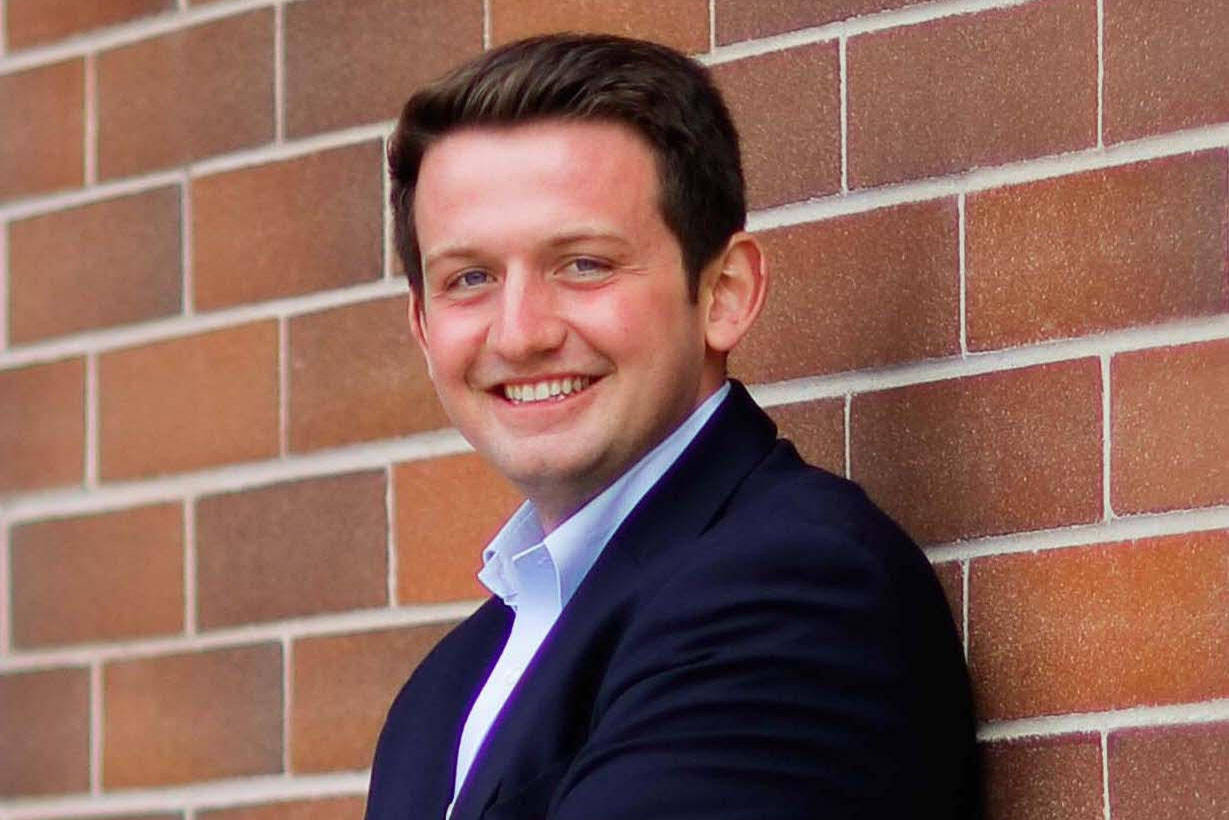By Jackson Blackwell
This past month, the Intergovernmental Panel on Climate Change released its most dire warning yet, finding unequivocally that humans are accelerating global climate change and that greenhouse gas emissions need to be immediately curtailed to stave off the worst effects of a warming planet. Here in Alaska the impacts are felt most acutely. With warming two to three times greater than the global average, we can expect to see hundreds of millions of dollars in annual costs and immeasurable, priceless cultural and societal impacts. As a result, Alaskans support action on climate.
We Alaskans are blessed with abundant natural resources that ought to be celebrated as we navigate a future with reduced carbon emissions. In fact, our state is already leading the way in climate adaptation, mitigation and innovation.
U.S. Department of Energy Secretary Jennifer Granholm recently toured Alaska with U.S. Senator Lisa Murkowski to meet with forward-thinking Alaskans from Fairbanks to Anchorage. Capping off the Senate’s recent overwhelmingly popular bipartisan infrastructure package — supported with votes from both Sens. Murkowski and Sullivan — Secretary Granholm and Sen. Murkowski toured innovative projects such as Chena Hot Springs and the Cold Climate Housing Research Center, and other groundbreaking projects that gave Secretary Granholm a glimpse of Alaskan resiliency and ingenuity firsthand.
Unfortunately, outside of our great state, we sometimes observe shortsighted government action without consideration of long-term implications. For example, the U.S. federal government recently asked the Organization of the Petroleum Exporting Countries (OPEC) to increase oil exports, while at the same time undercutting and blocking more carbon efficient production here at home. Though we need to reduce carbon emissions, this transition won’t occur overnight. Alaska already has some of the most strict environmental standards in the world, so we should support policies that unleash domestic energy rather than bolstering foreign polluters.
Luckily a solution exists to harness the power of American innovation, reward domestic manufacturers (like Alaska’s energy producers) for their carbon efficiency, and employ market forces to curb carbon emissions. The Baker-Shultz Carbon Dividends Plan, developed by two former Republican Secretaries of State under President Reagan, boasts broad bipartisan support and a coalition of businesses, nonprofits and thought leaders.
By levying a gradually increasing price on carbon, U.S. emissions will be slashed by 50% in 15 years, surpassing the goals set in the Paris Climate Accords. Importantly — and where this plan differs from others — revenue collected from the carbon price will be returned back to all Americans to offset any increased energy costs, a clear and welcome deviation from almost all other climate proposals.
In addition to curbing U.S. emissions, the Baker-Shultz Plan includes a border carbon adjustment, which will bolster our domestic economy, create nearly 1.6 million jobs, and hold foreign countries like China and Russia accountable for their pollution. The United States is significantly more carbon efficient than most of our trading partners, and our companies should be rewarded for their innovative and emissions-saving efforts.
This plan prioritizes Alaskans and recognizes our unique geographic and economic environment. As Americans of both political stripes increasingly prioritize climate action, it’s clear we need a bold strategy, and as Secretary Granholm stated during her visit, “[Alaskans] have the solutions.”
By tapping into the diverse and abundant resources across our state, we also have the physical means to power our energy transition. Recently, 90 U.S. Senators voted for Sen. Sullivan’s resolution requiring critical minerals and technology purchased with federal dollars to be sourced from America and its allies. It is an important step forward and will once again underscore the importance of Alaska’s resource supply.
Between this initiative from Sen. Sullivan, Sen. Murkowski’s Energy Act of 2020, and the Senate’s recently passed Infrastructure Investment and Jobs Act, Alaska’s Congressional Delegation is already leading the way on monumental bipartisan legislation. As we continue to chart the path towards a cleaner and more prosperous future, I join other young Alaskans in calling for comprehensive action on climate change and urge our Congressional Delegation to support the Baker-Shultz Carbon Dividends plan.
Jackson Blackwell is a lifelong Alaskan, born in Sitka and raised on the Kenai Peninsula. He recently graduated from college, where he studied economics and political science, and returned home to Alaska to work in political advocacy and public policy.

